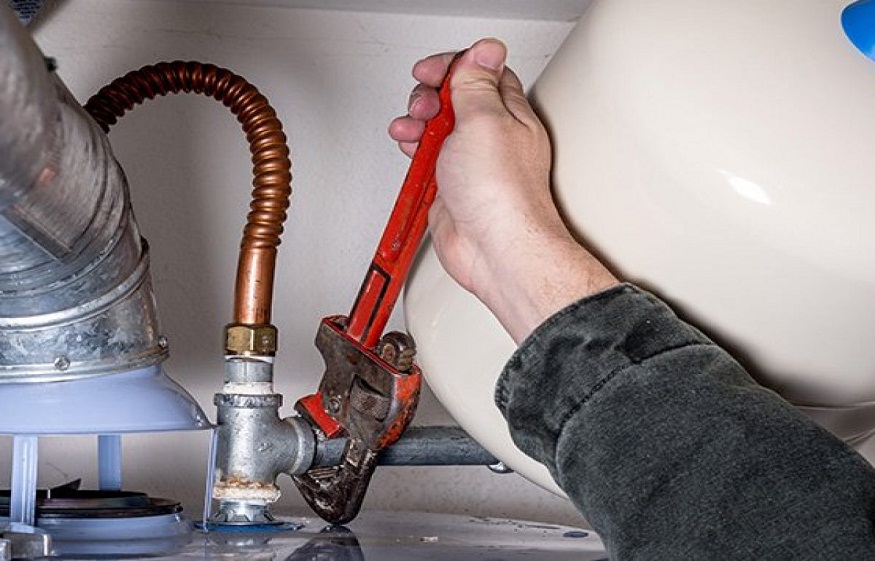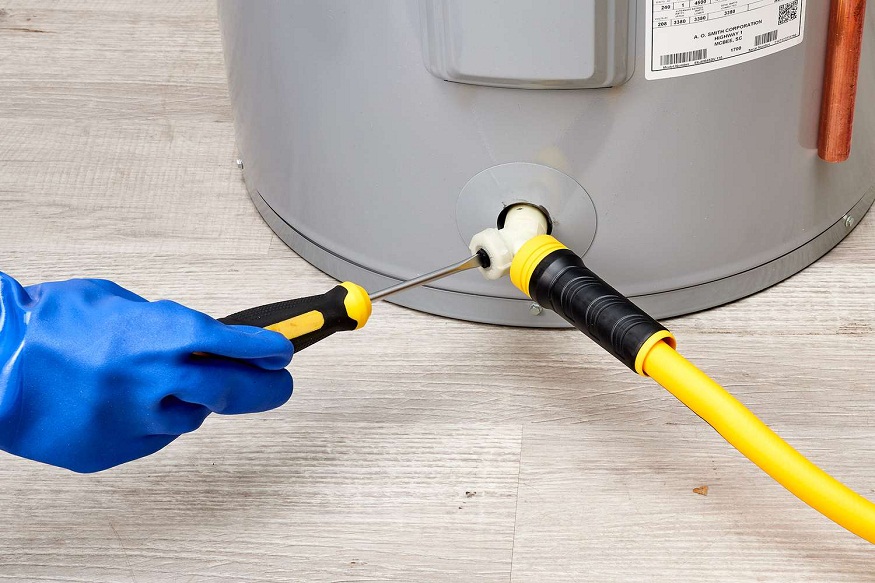Hot water tank maintenance according to the type of energy
In concrete terms, it is the tenant who is responsible for maintaining the gas water heater (as well as for maintaining the boiler ). This maintenance obligation is specified in the law of July 6, 1989 , which sets out the rules for distribution between the owner and the tenant. Please note, however, that this does not apply to electric or cumulus water heaters, for which only routine maintenance is the responsibility of the tenant.
Would you like to receive our advice and tips?
Electric water heater / cumulus : no maintenance obligation by the tenant, case law requires that it is the owner’s responsibility to ensure maintenance. For example, the Court of Cassation decided, in a judgment of October 29, 2008, that descaling the hot water tank, with a deposit of the resistance block, was the responsibility of the owner;
Who should take care of it?
Only the cleaning of the water heater is the responsibility of the tenant, i.e. cleaning and rinsing the heating elements and pipes. He must also ensure the replacement of bimetallic strips, pistons, membranes, water boxes and piezoelectric ignition. This is what is called routine maintenance. The rest is the responsibility of the owner, in particular descaling and maintenance of the safety group.
For a gas water heater, maintenance is the responsibility of the tenant. He must call a professional once a year. This intervention consists of a complete check of the equipment, cleaning of the burner and the conduit, checking the optimization of the yields and the carbon monoxide level.
Who can maintain a water heater?
Maintenance must necessarily be entrusted to a professional. Even if the tenant has the skills, he must not do it himself, since a maintenance certificate must be issued at the end of the intervention. On the other hand, he has the right to choose the plumber-heating engineer who will carry out this mission.
The maintenance certificate
The maintenance certificate is given to the tenant, generally within a maximum of fifteen days following the professional’s visit. It must be kept for two years. It can be requested by the owner or by the rental property insurance , in the event of a disaster: most often in the event of water damage caused by a leak in the appliance.
Risks in the event of lack of maintenance
Water heater maintenance should not be neglected. If the water heater is not maintained properly, there is first of all a risk of accident. For example, a fire can break out due to a faulty safety valve. Carbon monoxide poisoning can also occur if its level is not checked (an action that is part of the annual maintenance).
Another element? By not maintaining the water heater, the consumption of electricity or gas increases: which will mechanically be reflected in the amount of annual charges.
There is no fine or legal sanction provided for failure to perform annual maintenance of the equipment. On the other hand, the owner can take action against the tenant, in particular by collecting the security deposit.
Finally, if it appears that the damage (fire, explosion, water damage, etc.) is due to a lack of maintenance of the water heater, depending on the contractual provisions, the tenant’s home insurance , as well as the owner’s, may refuse to pay compensation, or will significantly reduce its contribution.
If the incident caused damage to neighbors or to the common areas of the condominium, the civil liability guarantee of the tenant’s home insurance will pay them compensation. However, it may then turn against him to obtain reimbursement of the sums allocated to third-party victims.
What is the cost of maintenance?
Cost for an electric water heater / cumulus : Expect to pay between €100 and €180 for the maintenance of an electric water heater. Although not mandatory, regular maintenance is recommended to avoid breakdowns.
In case of water heater failure
In the event of a water heater breakdown, it is always the owner’s responsibility to repair or replace the equipment. This is unless maintenance has not been carried out (the tenant cannot provide a certificate) or if he has deliberately damaged the equipment.
According to Article 1719 of the Civil Code, the owner must provide decent housing. However, an apartment or house without a water heater is not decent since the tenant(s) cannot wash, do their dishes or wash the floors without hot water. A recent decision of the Court of Cassation recalled that the tenant is entitled to the payment of damages in the event of a malfunction of the water heater in the rented property.


